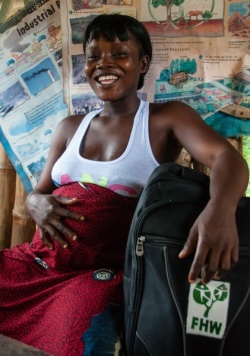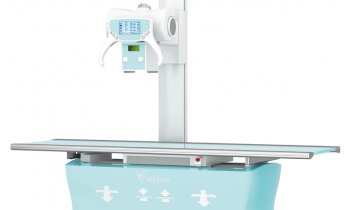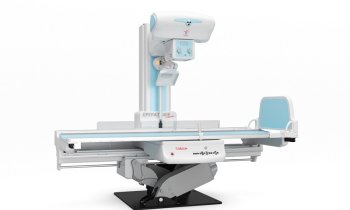Related Fears
The impact of Ebola on facility-based child deliveries
The first known household survey examining the collateral harm to pregnancy services in areas affected by the West African Ebola epidemic suggests a significant slide backwards in child and maternal health. The study, conducted in Liberia, points to the deep disruptions caused by the Ebola epidemic — even in parts of the country with relatively limited transmission.

The 2014-2015 Ebola epidemic killed approximately 11,300 people, but its long term effects on the region’s health is expected to be compounded by many factors including the deaths of at least 500 health care workers. In addition, many facilities closed while other preventive and therapeutic services were interrupted. “We also know that the stigma associated with Ebola interfered with people seeking healthcare services, in addition to the perception that people can contract Ebola if they go to health facilities,” explains the study’s senior author John Kraemer, JD, MPH, assistant professor of health systems administration at Georgetown University School of Nursing & Health Studies. “It appears these perceptions are a major factor in the decrease of the number of people utilizing health facilities.”
Kraemer and his colleagues, including those from Last Mile Health, an organization focused on health in rural Liberia, set out to measure the indirect health consequences of Ebola so that a fuller understanding could inform efforts to restore health care in Ebola-impacted areas. They focused specifically on maternal health services, which are dependent on functioning health systems. Their findings are published in PLOS Medicine.
The researchers compared the odds of facility-based delivery among 686 births in the period before the Ebola epidemic with the 212 births during the epidemic in a specific rural area. They found a 30 percent reduction in the odds of facility-based delivery during the Ebola outbreak. “The district we surveyed had one Ebola cluster and its health facilities remained open, unlike in other parts of the country where the epidemic was more intense,” Kraemer explains. “Given that, our results most likely underestimate the impact on facility births in high-burden areas where there were closures.”
The drop appears to be correlated with fear, Kraemer says. The odds of facility-based delivery were 41 percent lower among women who reported a belief that Ebola was or may be transmitted in health facilities, but not significantly lower among women who reported believing that Ebola was not transmitted in health facilities. “Prior to the Ebola epidemic, Liberia made big gains in the rate of babies being delivered at health facilities, which translates into healthier moms and babies.” Kraemer says. “Maternal health, like almost all other health services in Liberia, was badly damaged by the epidemic. It is critical that we stay focused on rebuilding Liberia’s health care system, which will require long-term investment.”
“Building and maintaining stronger health systems will be critical to preventing future global public health emergencies,” says John Ly, MD, co-lead author of the study and medical director at Last Mile Health. “Last Mile Health is supporting the Government of Liberia and the Ministry of Health to build a more robust health system, one that will ensure a well-trained and equipped health worker in even the most remote communities.”
Source: Georgetown University Medical Center
15.08.2016








